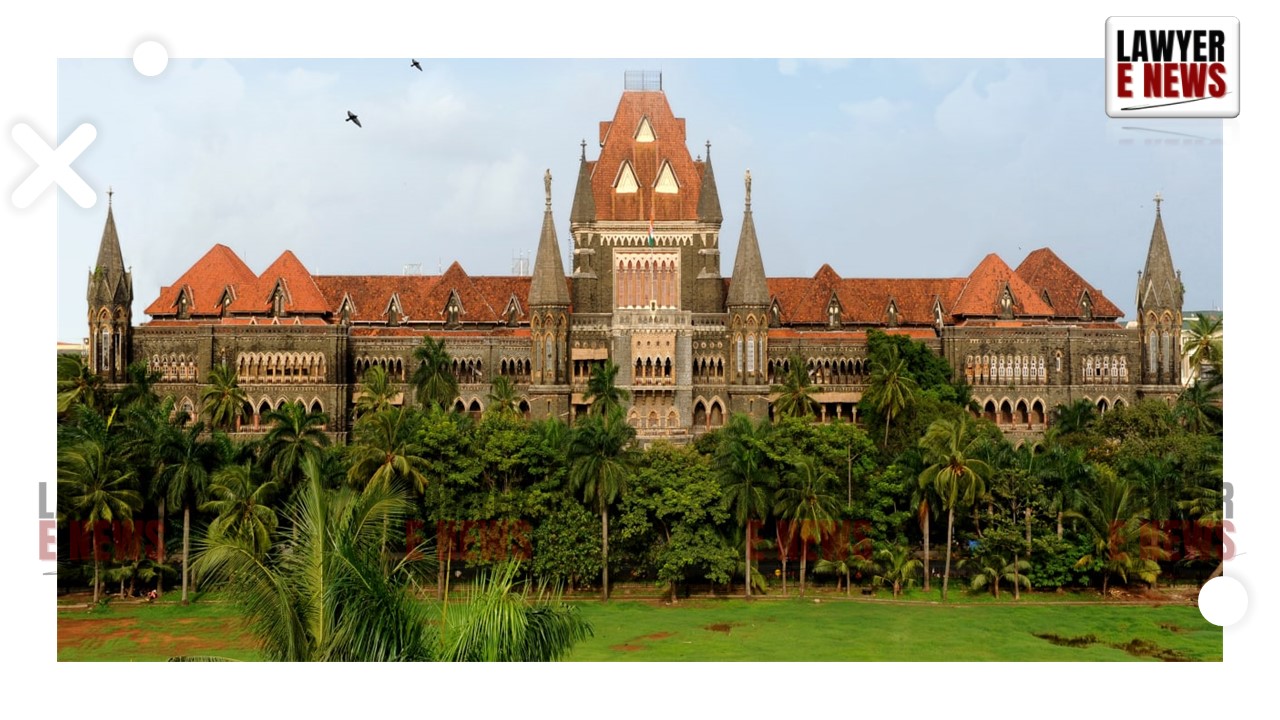-
by Admin
15 February 2026 2:36 AM



Exclusive Jurisdiction Clause Governs Post-Award Proceedings; Bombay High Court Retains Jurisdiction Over Arbitration Petition - Bombay High Court, with a bench comprising Justices M.S. Sonak and Jitendra S. Jain, ruled in favor of Gammon Engineers and Contractors Pvt. Ltd., confirming that the Bombay High Court has jurisdiction to hear a challenge under Section 34 of the Arbitration and Conciliation Act, 1996. The ruling addressed whether the exclusive jurisdiction clause in the original contract or the location of the MSME Facilitation Council, where the award was passed, governs jurisdiction. The court held that the exclusive jurisdiction clause prevails, allowing the petition to be maintainable in Mumbai.
Background of the Case: The dispute arose between Gammon Engineers and Contractors Pvt. Ltd. (Petitioner) and Rohit Sood (Respondent), a registered MSME entity. The Respondent initiated arbitration under Section 18 of the MSMED Act, 2006 before the MSME Facilitation Council in Shimla, which ruled in favor of the Respondent. Gammon challenged the award under Section 34 of the Arbitration Act in the Bombay High Court, relying on an exclusive jurisdiction clause in their original contract designating Mumbai as the place of jurisdiction for disputes.
The Respondent objected, arguing that since the arbitration proceedings were held in Shimla under the MSMED Act, the challenge should be filed in Shimla, not Mumbai.
The court was tasked with deciding whether the exclusive jurisdiction clause in the original agreement between the parties (conferring jurisdiction to Mumbai courts) would apply or if the award’s venue (Shimla) determined jurisdiction. The court observed:
"Section 18(4) of the MSMED Act overrides only the mechanism for appointing arbitrators, not the agreed jurisdiction clause in the original contract."
It further clarified that Section 18(5) of the MSMED Act determines the venue of the arbitration (the supplier’s location), not the seat of the arbitration, which is governed by the contract.
The court upheld that the exclusive jurisdiction clause remained intact, even after the arbitration process under the MSMED Act. The court rejected the Respondent’s argument that the MSMED Act overruled the parties’ prior agreement regarding jurisdiction. The court ruled:
"Clause 5 of the original agreement, which confers exclusive jurisdiction on the Mumbai courts, governs the post-award proceedings under Section 34 of the Arbitration Act. The MSMED Act does not provide any mechanism to override this jurisdiction agreement."
The bench highlighted the important distinction between the "seat" and "venue" of arbitration:
"The seat of arbitration, which determines the courts with jurisdiction for post-award challenges, remains Mumbai, as agreed upon by the parties. The venue, being Shimla, was merely a place of convenience for the arbitration process and does not affect jurisdiction."
The court examined Section 24 of the MSMED Act, which gives the MSMED Act precedence over other laws, and concluded that the overriding effect applies to dispute resolution mechanisms but does not extend to governing the jurisdiction for setting aside awards. The court found no conflict between the MSMED Act and the Arbitration Act in this regard, confirming that the Arbitration Act governs the challenge proceedings.
The Bombay High Court ruled that the jurisdiction to hear the challenge to the arbitration award under Section 34 of the Arbitration Act is determined by the exclusive jurisdiction clause in the original contract. Accordingly, the Bombay High Court retains jurisdiction, and the petition filed by Gammon Engineers is maintainable in Mumbai.
The case was referred back to the learned Single Judge for further consideration of the Section 34 application.
Date of Decision: October 16, 2024
